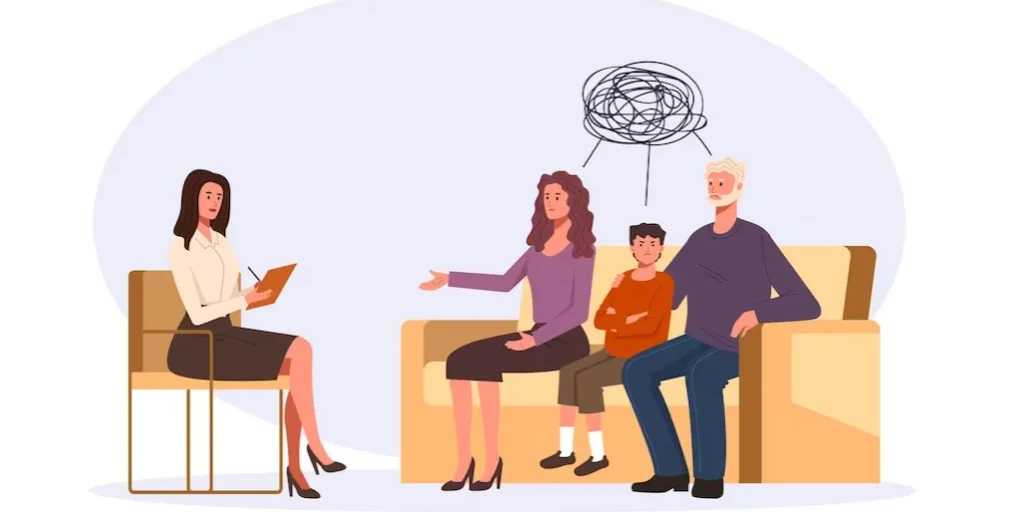24/7 Helpline:
(866) 899-111424/7 Helpline:
(866) 899-1114
Learn more about OCD Treatment centers in Loon Lake
OCD Treatment in Other Cities

Other Insurance Options

Anthem

Health Choice

Evernorth

Medical Mutual of Ohio

United Health Care

MVP Healthcare

Cigna

BHS | Behavioral Health Systems

Private insurance

Holman Group

Premera

Oxford

Aetna

Highmark

PHCS Network

CareFirst

Health Partners

Lucent

Magellan Health

Optum







NorthEast Washington Alliance Counseling Services
NorthEast Washington Alliance Counseling Services - Hawthorne Avenue is a diagnostic and treatment c...

























































































































































































































Crisis Intervention Counseling
Crisis Intervention Counseling is a private rehab located in Colville, Washington. Crisis Interventi...

AA – Alcoholics Anonymous
AA – Alcoholics Anonymous is a non-profit rehab located in Colville, Washington. AA – Alcoholics Ano...

Spokane Tribe Behavior Health Agency
Spokane Tribe Behavior Health Agency is a public rehab located in Wellpinit, Washington. Spokane Tri...

Northeast Washington Counseling Service
Northeast Washington Counseling Service is a public rehab located in Chewelah, Washington. Northeast...

























































